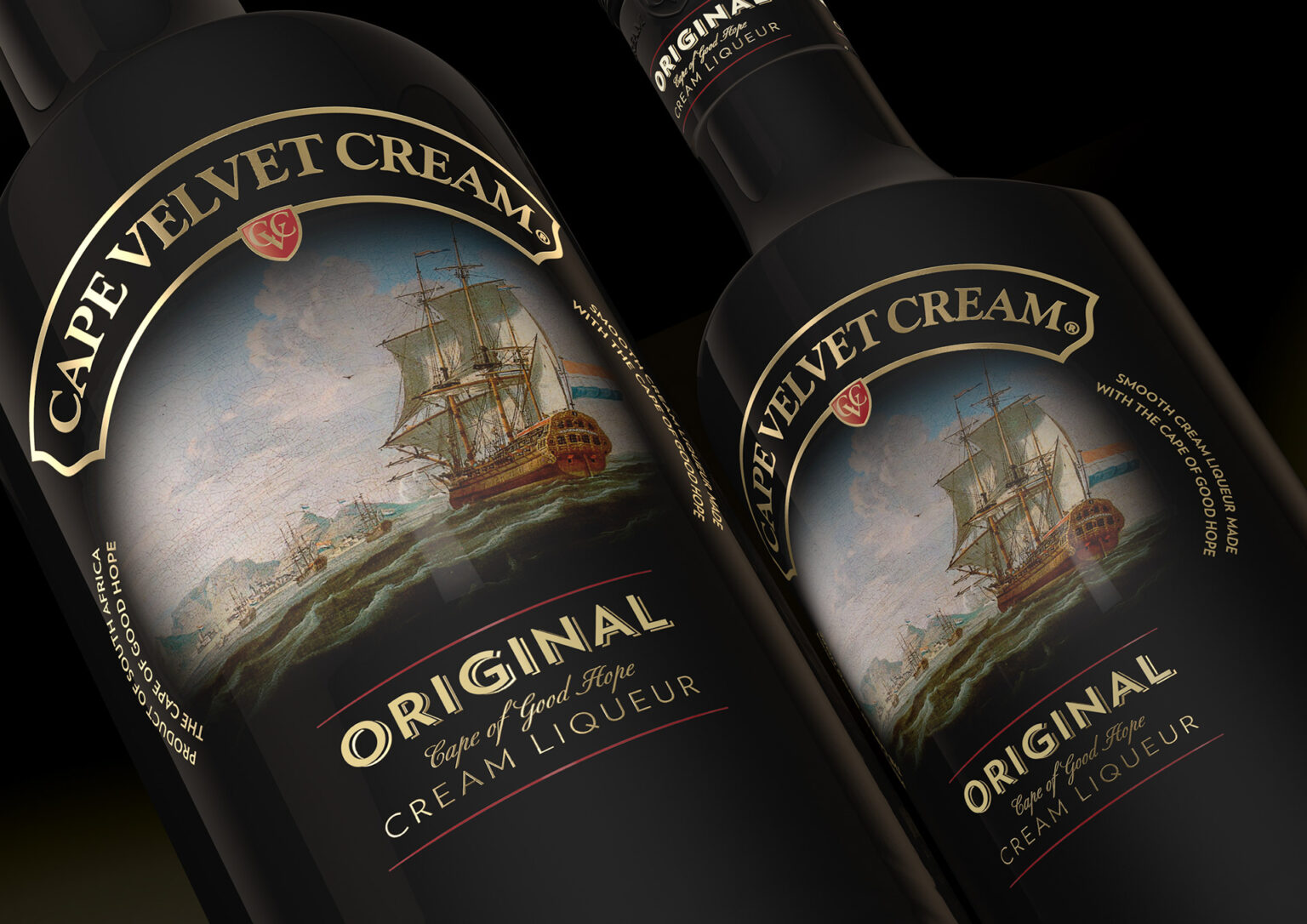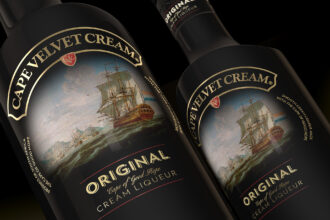Diageo South Africa has won a landmark Supreme Court of Appeal (SCA) case against the South African Revenue Service (SARS), securing a reclassification of its Cape Velvet Cream Original product and setting a significant precedent for the beverage industry.
The dispute, which dates back to 2022, revolved around the excise duty classification of Cape Velvet Cream Original, a popular cream liqueur with a wine spirit base. At the core of the matter was whether its flavouring, containing trace amounts of alcohol, qualified it for a higher tax category.
A Landmark Ruling
The SCA ruled in favour of Diageo, finding that the minimal alcohol content in the liqueur’s flavouring—just 0.6% in the vanilla extract and 0.002% in the final product—was negligible and did not warrant SARS’ higher tax classification. This decision overturned a previous High Court ruling in SARS’ favour.
The judgment clarified that products with such minimal alcohol content could be classified under categories for liqueurs made from wine spirits with “non-alcoholic ingredients,” aligning with international practices.
At issue was SARS’ interpretation of South African tax laws, which sought to categorise the product alongside beverages with significantly higher alcohol content. SARS argued that any trace alcohol in flavouring should classify the product under stricter, more heavily taxed categories.
However, the Court applied the principle of de minimis non curat lex—the law does not concern itself with trivial matters—emphasising that the minuscule alcohol content fell below the 0.5% threshold defining “non-alcoholic beverages” under South African law.
Implications for the Industry
The ruling has broader implications for the alcohol and beverage sector, potentially reshaping how products with minimal alcohol content are taxed.
“This decision ensures fairness and consistency in the taxation of alcoholic beverages,” a Diageo spokesperson said. “It provides much-needed clarity for the industry and prevents unfair taxation of products with negligible alcohol content.”
The judgment also highlighted the importance of interpreting terms like “non-alcoholic ingredient” within their broader regulatory and contextual framework. The Court concluded that Cape Velvet’s trace alcohol did not disqualify it from being considered a “non-alcoholic ingredient” under the Customs and Excise Act.
A Victory for Fair Taxation
The ruling is expected to influence future disputes over excise duty classifications, particularly for products with borderline alcohol content. SARS has yet to announce whether it will pursue further appeals, but the precedent is likely to be a cornerstone for similar cases moving forward.
Diageo’s win also underscores the need for clear guidelines in customs and excise laws to avoid unnecessary disputes and ensure consistent enforcement.
Looking Ahead
This case not only cements Diageo’s position as a leader in the beverage industry but also strengthens the framework for fair taxation. The SCA’s decision is a welcome move towards rationalising tax laws, ensuring they align with global standards and reflect the realities of product composition.









